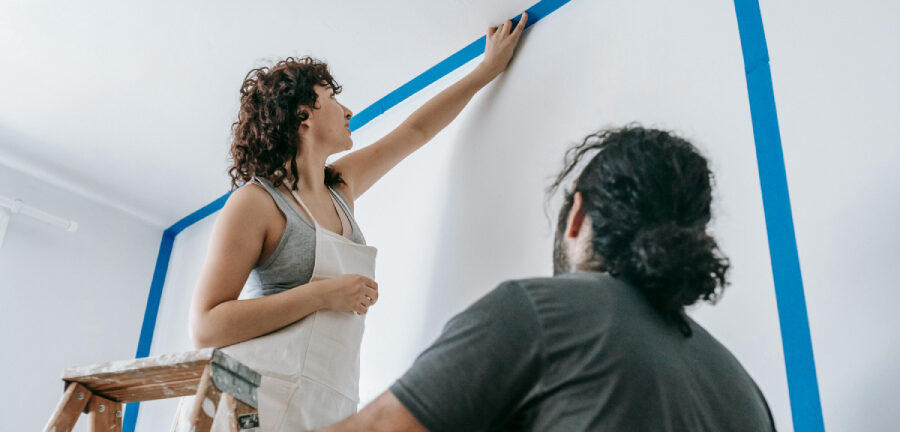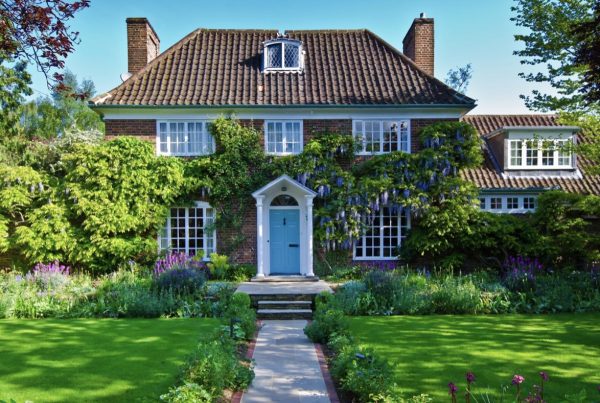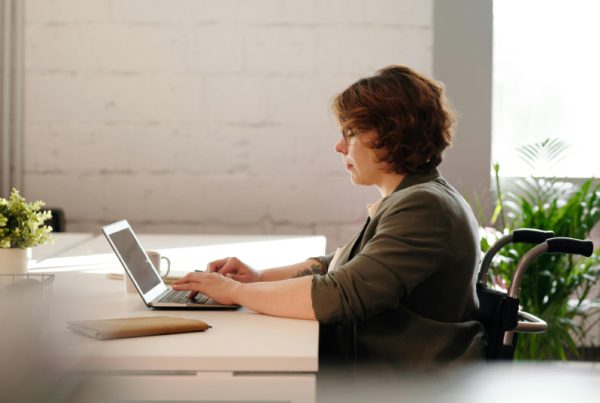Have you ever dreamt of your very own walk in wardrobe, or a luxurious double shower? While such features can significantly boost the aesthetic of your home and potentially the value of your property, some home improvements can appeal to personal tastes and therefore be a turn off to potential buyers.
With maximising your home’s value a top priority for many homeowners across the country, the experts at Stokemont identify the home improvements that can add the most value to a property.
Bradley Mackenzie, RICS accredited valuer, at chartered surveyors Stokemont, also shares his expert insight into the common misconceptions that could actually be hindering your property’s value.

Key Findings:
- Converting your garage could add £48,000 to a property’s value.
- Adding an electric charging point can increase your home’s value by as much as £5,000!
- Garden landscaping is the home improvement that can offer the biggest return on investment adding between one-quarter and three-quarters to the value of the property
The home improvements that increase property value
Convert your garage
By transforming your garage into a usable space, reports suggest that £48,000 could be added to the property value.
With very few Brits still using a garage for parking options, and with an average garage conversion costing £6,000, this could reinvent wasted areas, add another room, and ultimately increase monetary value of a property.
When converting your garage, it’s important to think about what would make your home better – whether it be additional storage, a separate office or a utility room, or even implementing entertainment features such as your very own cinema room.
Add electric charging points
For those fortunate enough to have a driveway or garage, installing an electric charging point enables sellers to cater to a growing market, especially in areas with a high EV adoption rate. This will make your home more attractive to a wider range of potential buyers.
Although it can cost up to £1,000 (or £650 if eligible for a government grant) to install a charging point in 2024,early figures suggest that having an EV charger could increase a home’s value by as much as £3,000 – £5,000.
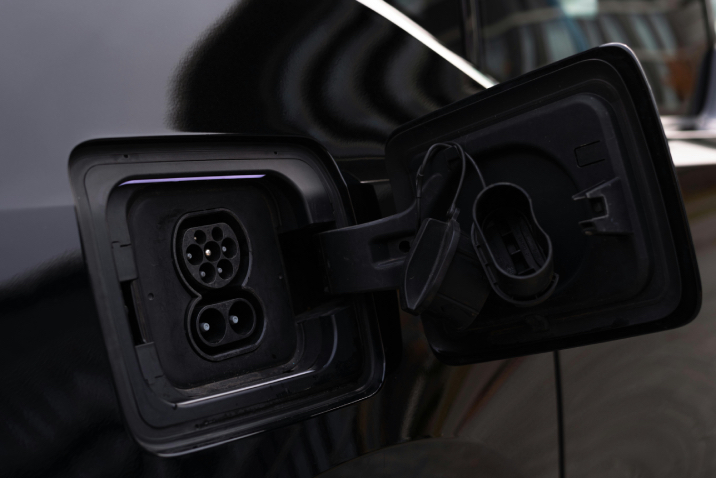
Install energy-efficient features
From installing solar panels to adding insulation, energy-efficient features are becoming increasingly important to buyers. Not only can such features improve the energy efficiency of a home, but they can also make it more appealing to environmentally-conscious buyers.
Although energy-efficient features such as solar panels can cost an average of £7,000, a report published bySolar Energy found that a typical home with solar panels could increase in price by at least £2,000. Get a quote with solar panel installers in your area as it can be well worth the upfront cost.
Increase your garden’s appeal
A recent study found that a nicely presented garden can increase property value by 20%, with 70% of home buyers admitting that they would pay more for a home with outdoor green space.
With the exterior of your home being the first part that potential buyers see, it’s important to spend time prior to selling sprucing up your garden. Whether it’s a clear pathway, a fresh coat of paint, colourful plant pots or even a new front door, first impressions are key to increasing curb appeal. Adding standout features like hot tubs can also boost perceived luxury and help your home stand out in a competitive market.
If you’re looking for a more strenuous job compared to simply sprucing up your garden, garden landscaping has been crowned as the home improvement most likely to offer the biggest return on investment, adding between one-quarter and three-quarters to the value of the property for between £2,750 and £7,500 worth of work.
The DIY faux pas that could hinder property value
Transforming a bedroom into a walk in wardrobe
Although having access to our very own walk-in wardrobe sounds like a dream for many of us, it’s not something that always matches people’s taste. As a result, replacing a bedroom into a wardrobe room can prove very costly.
With many potential buyers preferring a spare room over extra storage space, reports suggest that your house could sell for 15% less if you put it on the market after removing a bedroom!
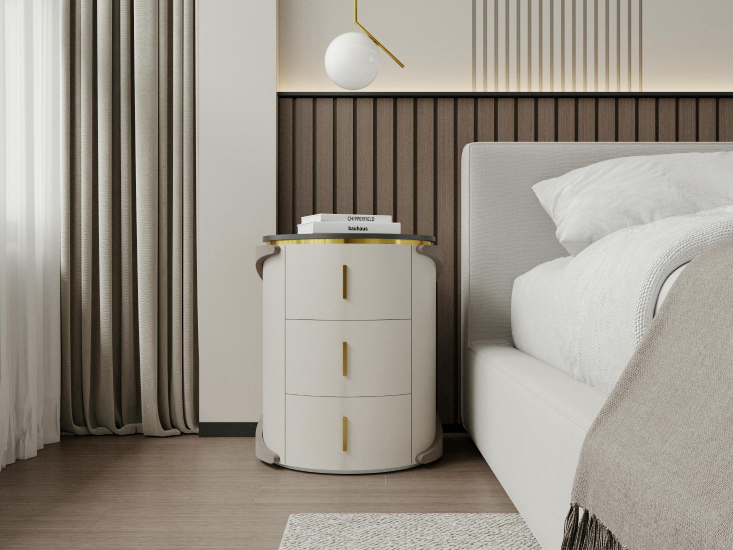
Removing a bath
Whether it be for bathing children or a soothing oasis to relax, the bathroom is a must-have for families. As a result, replacing a bath with a shower should be avoided at all costs to prevent devaluing your home.
Although removing your bathtub may seem like an appropriate decision to create further space in the bathroom and your home, the longer term repercussions of this decision could not only see a decrease in monetary value but also potential buyers too.
Japanese Knotweed
Japanese Knotweed, a highly invasive plant species, is capable of devaluing your property by up to 15%and may even make it un-mortgageable.
With a root system of up to two to three metres deep and wide, the plant has the capability to burrow into underground structures, wall cavities and foundations, making it a significant concern for many homeowners and can present unique challenges when trying to sell a property.
It’s important to take the official precautions to eradicate Japanese Knotweed before putting a property up for sale, as failure to identify Japanese Knotweed when selling a property can result in legal ramifications and costly fines.
Bradley Mackenzie, RICS accredited valuer, at chartered surveyors Stokemont comments:
“It’s always best to carry out research on common improvements in your area and speak to a professional for advice before making any major changes. Advice would include which improvements may potentially add value to your home in the long run and alternatively which may hinder the selling price.
“It’s important to note that decisions that seem appropriate to your current living arrangement, such as replacing a bath with a shower or converting a spare room into a wardrobe, may act as a deterrent to potential buyers if it’s not deemed suitable for their living arrangements.”
You may also enjoy reading our article: Be Bold – Kitchen Revolutions On The Latest Trends.

